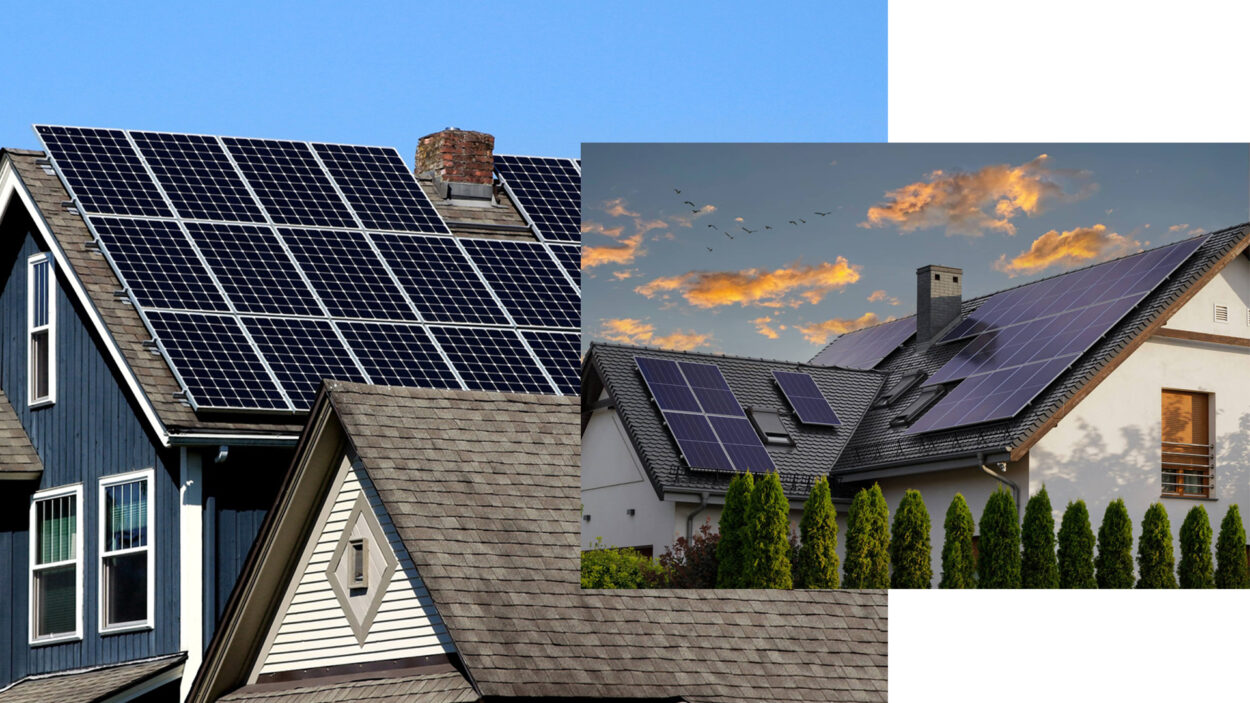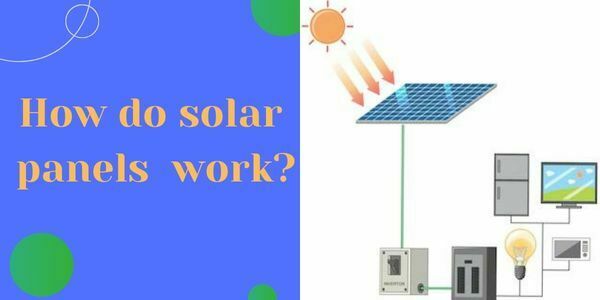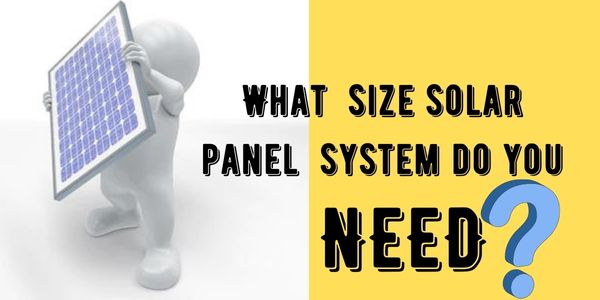
Residential solar panels in Geelong, Australia for the year 2023. More and more homeowners are turning to solar panels to reduce their electricity bills and carbon footprints. The different types of solar panels available, what to look for, and how to maximize their efficiency will be discussed. We’ll also provide you with a comprehensive guide on the different companies in Melbourne offering solar panels.
as well as their prices and warranties. With our guide, We explain what you need to know before installing a solar photovoltaic (PV) system on your roof.
On this page:
- How do solar panels work
- How much do solar panels cost?
- What size solar panel system do you need?
- How much money will you save using solar power?
- What are the environmental benefits of using solar?
- Do you need a solar storage battery?
- Future changes to the electricity market
- Solar panel buying guide checklist
1. How do solar panels work?

Residential Solar panels in Geelong are devices that capture and convert the energy from the sun into electricity. They consist of photovoltaic cells, which convert the sun’s energy into direct current (DC) electricity. The DC electricity is then converted into alternating current (AC) electricity, which is used to power appliances and lights in homes Solar panels work by converting the energy from the sun into DC electricity. The photovoltaic cells inside the panel absorb the light from the sun
2. How much do solar panels cost?
When looking for the best residential solar panels in Geelong, Australia, it’s important to consider the cost of the solar system. The cost of residential solar panels in Geelong varies depending on the size of the solar system and its components. To get an estimate of the cost of solar panels, it’s best to consult a trusted solar installer Go solar Go green, A good solar installer in Geelong can provide detailed advice on the best system to meet your needs and budget. Finally, you should also consider the type of solar panels available in your area. Different types of solar panels offer different efficiency levels, warranties, and overall performance. Make sure to research each type of panel before making a decision.
3. What size solar panel system do you need?

The size of the Residential solar panel in the Geelong system must be able to generate the amount of energy you need to power your home and its appliances. You can use an online calculator to calculate the size of the solar panel system that you need. The calculator takes into account factors like the amount of sunlight you receive, the type of solar cells you use, and how efficient your panels are. The type of solar panel setup you choose depends on the size of the Residential solar panel system you need. You may choose to install a traditional rooftop solar system, or you may opt for a ground-mounted solar array. Maximize energy efficiency by installing a solar tracker, which automatically tracks the sun. No matter which type of solar panel system you choose, make sure it meets your energy needs. In addition to the solar panel system, you may also need to purchase additional hardware such as solar inverters and solar batteries. Residential solar panels produce DC energy that is converted into AC energy by solar inverters. Solar batteries store the energy generated
4. How much money will you save using solar power?

The amount of money you’ll save using solar power depends on a variety of factors, such as the number of solar panels you install, the type of inverter you use, and the size of your electricity bill. To get a better idea of how much money you’ll save, you can use an online solar calculator to estimate your savings. Generally, you can expect to save between 10-50% on your electricity bill over the course of a year.
5. What are the environmental benefits of using solar?

Residential Solar panels in Geelong are an environmentally friendly way to generate electricity and reduce carbon emissions. Solar systems reduce emissions by producing electricity from sunlight instead of from non-renewable sources, such as coal and natural gas. Residential Solar energy is a renewable energy source that does not emit any pollutants or greenhouse gases, which makes it an incredibly attractive option for reducing your carbon footprint. Residential solar panels in Melbourne are a great option for reducing your home’s environmental impact, as well as saving you money.
6. Do you need a solar storage battery?

Do you need a solar storage battery? Solar storage batteries are a great way to get the most out of your solar panels. They store the electricity generated by your solar panels and also allow you to take advantage of off-peak electricity rates or reduce your reliance on the electricity grid. Solar storage batteries are becoming increasingly popular, and there are a number of different types available on the market. When considering whether or not you need a solar storage battery, you should think about your needs
7. Future changes to the electricity market
Future changes to the electricity market As of 2023, the energy industry in Australia is in a state of flux. The National Electricity Market is undergoing significant change, with governments introducing new policies and incentives to make renewable energy more affordable and accessible. In addition, the National Energy Guarantee has been withdrawn, and the Australian Energy Market Operator (AEMO) has implemented a new system of dynamic pricing.
A large number of homes exporting solar power into the grid could have a big impact on the Melbourne residential solar market. There are proposals for how to modernise the grid and manage it more effectively and fairly, and these include a possible surcharge – or “solar tax” – to owners of solar PV systems who want to sell their excess power to the grid.
8. Solar panel buying guide checklist

✔️Solar Panel Features and Qualities: Investigate the quality and features of the solar panels to ensure that they are the best choice for your home. Look for panels with a good warranty, that offers high efficiency and good value for money.
✔️ Solar Panel Installation: Find out which solar panel installation services are available in Melbourne, Australia, and what the cost of installation is. Make sure to check the customer reviews and ratings of each service.
✔️ Solar Energy Storage: Consider the solar energy storage options you have. Research the types of batteries and other storage solutions available, and weigh up their benefits and drawbacks.
✔️ Solar Incentives: Look into the different government programs and incentives in Australia that can help reduce the cost of installing solar panels. Check if you are eligible for a rebate or grant to help you finance the project.
✔️ Solar Maintenance: Establish a routine for inspecting your solar panels, batteries, and other components. Make sure that you clean and maintain the system regularly to ensure optimal performance.
✔️ Solar Savings: Analyse your energy usage and calculate your savings in order to determine the long-term financial benefits of switching to solar energy. Compare these to the cost of installation and maintenance
